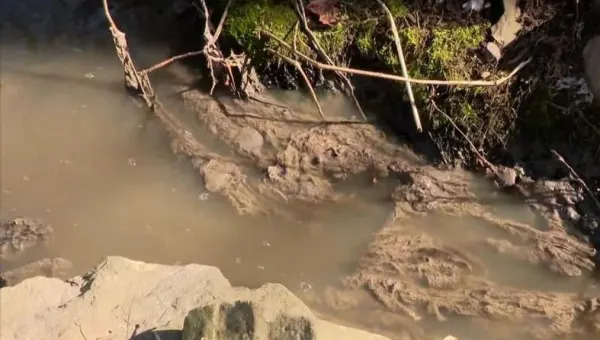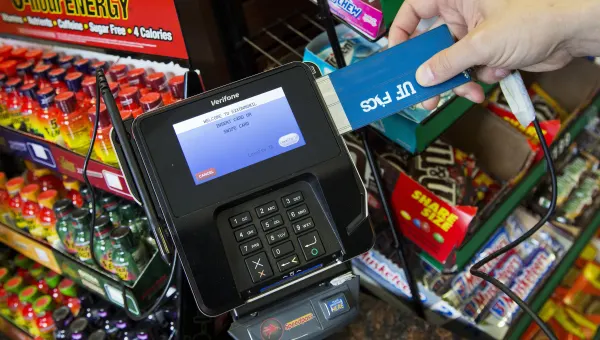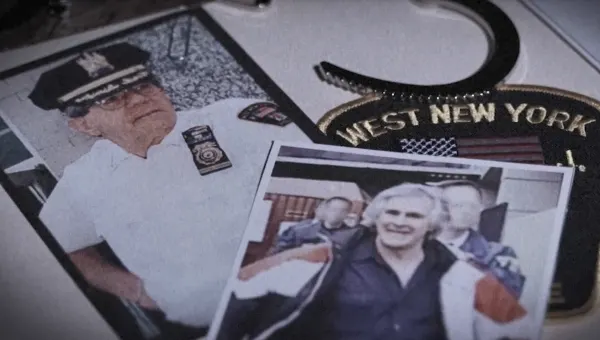KIYC: Forensic nurse says there are systems in place to make rape exams less traumatic
A sexual assault nurse examiner tells Kane In Your Corner there are systems in place intended to help make a difficult process a little easier.
Share:
More Stories
0:32

Carmel police: Yorktown shoplifting suspects arrested
21h ago0:52

Mother and daughter from Mount Vernon sentenced in pandemic-relief fraud scheme
21h ago0:34

Yonkers police: Man wanted for failing to appear in court for car break-in charges
yesterday0:33

Kingston man charged in barbershop stabbing
yesterday0:23

Police: 18-year-old facing charges in Walden shooting
yesterday0:21

Rockland County DA: Haverstraw man pleads guilty in sexual abuse of 2 children
yesterday0:32

Carmel police: Yorktown shoplifting suspects arrested
21h ago0:52

Mother and daughter from Mount Vernon sentenced in pandemic-relief fraud scheme
21h ago0:34

Yonkers police: Man wanted for failing to appear in court for car break-in charges
yesterday0:33

Kingston man charged in barbershop stabbing
yesterday0:23

Police: 18-year-old facing charges in Walden shooting
yesterday0:21

Rockland County DA: Haverstraw man pleads guilty in sexual abuse of 2 children
yesterdayNote: This story contains subject matter that could be disturbing to some viewers.
Sexual assault survivors, already traumatized by their assault, must choose whether to undergo a forensic exam that could potentially add to that trauma. But one sexual assault nurse examiner tells Kane In Your Corner there are systems in place intended to help make a difficult process a little easier.
Lena Morrison says her forensic nurse “tried to make me comfortable” when she went to the hospital for an exam. “They brought in an advocate, and she was very nice. She held my hand."
Another survivor, whom Kane In Your Corner agreed to refer to only as “Jane," says her exam was still difficult. “I would call it invasive. It’s this woman that I've never met before coming in for that reason. She’s got to look at every inch of your body.”
Lena and “Jane” shared their experiences in the hope of helping future survivors understand what to expect. Both had previously spoken to Kane In Your Corner as part of an investigation that exposed a huge backlog of untested rape kits in New Jersey.
RELATED: Former prosecutor praises KIYC rape kit investigation, says all kits should be tested when possible
Kristen Crespo, a forensic nurse examiner in Monmouth County, says there are systems in place in New Jersey that can make the exam less traumatic.
“All patients are afforded the right to have a confidential sexual violence advocate available to them at the hospital,” Crespo says. “And those women and men are trained to comfort the victim.”
Crespo says a forensic exam typically starts with a patient history. “They tell us in their own words, what happened during the event,” she says. Nurse examiners then swab the victim, looking for potential DNA evidence, and take photographs of any injuries. She says the process typically takes between two and four hours.
“They're just two cotton swabs,” Crespo says. “It doesn't hurt.”
Lena and “Jane” say the exams were difficult, nonetheless. “I know she was doing her job, but it just felt kind of violating after something that was already really violating,” Lena says.
Crespo says she and her counterparts are “trained in trauma care of patients, the neurobiology of trauma, and everything they can do to make that patient's experience less traumatic, is what we try to do.”
Once the examination is complete, the survivor is also offered a choice: they can release the kit to law enforcement or ask that it be held. Under New Jersey law, “hold kits” must be stored for a minimum of 20 years, allowing the survivor ample time to change their mind.





